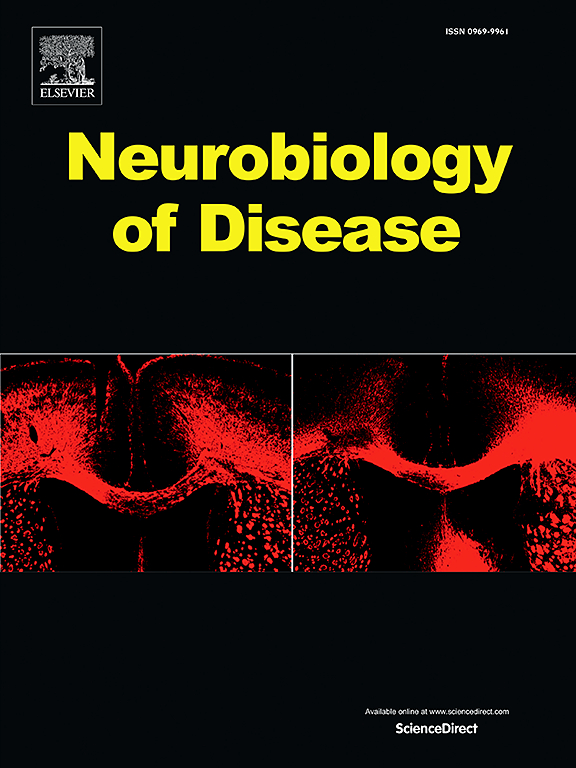儿童癫痫和维生素D之间难以捉摸的因果关系:问题多于答案?叙述性回顾
IF 5.1
2区 医学
Q1 NEUROSCIENCES
引用次数: 0
摘要
当将儿童癫痫和儿童血清维生素D水平放在一起讨论时,问题变得复杂而有趣。一个长期存在的问题是癫痫本身与血清维生素D状态之间是否存在因果关系:是维生素D缺乏导致癫痫发作,还是癫痫发作与维生素D缺乏同时发生或导致维生素D缺乏,还是抗癫痫药物治疗导致癫痫发作?澄清这些问题将大大提高我们对它们之间关系的理解,并改善儿童癫痫的治疗和管理。这篇叙述性综述总结了维生素D和儿童癫痫的现有文献,并收集了该领域的临床和非临床研究,以确定是否积累了足够的证据来解决这些问题。目前的证据显示,患有癫痫的儿童维生素D缺乏症的发生率较高,但这是由疾病本身还是治疗引起的仍不确定。临床和非临床研究都表明,维生素D可能有助于控制癫痫发作,但其有效剂量和治疗时间需要严格的临床验证。这一临床情况表明,需要继续关注这一涉及儿童健康的重要临床问题,并作出更多努力和尝试,最终澄清这些问题。本文章由计算机程序翻译,如有差异,请以英文原文为准。
An elusive causal link between epilepsy and vitamin D in children: More questions than answers? A narrative review
When discussing childhood epilepsy and children's serum vitamin D status together, the matter becomes complex and intriguing. A long-standing question has been whether there is a causal link between epilepsy itself and the serum vitamin D status: does vitamin D deficiency lead to seizures, or do seizures occur alongside or result in vitamin D deficiency, or is the deficiency caused by anti-seizure medication therapy? Clarifying these questions would significantly enhance our understanding of the relationship between them and improve the treatment and management for childhood epilepsy. This narrative review summarized existing literature on vitamin D and pediatric epilepsy and collected those clinical and non-clinical researches in this field to see if sufficient evidence has accumulated to address these questions. Current evidence revealed that children with epilepsy experienced higher rates of vitamin D deficiency, but whether this stems from the condition itself or its treatment remains uncertain. Both clinical and non-clinical studies suggested vitamin D may help control seizures, but its effective dosing and treatment duration need rigorous clinical validation. This clinical situation indicates that continued attention is needed on this important clinical issue concerning children's health, as well as more efforts and attempts to ultimately clarify these matters.
求助全文
通过发布文献求助,成功后即可免费获取论文全文。
去求助
来源期刊

Neurobiology of Disease
医学-神经科学
CiteScore
11.20
自引率
3.30%
发文量
270
审稿时长
76 days
期刊介绍:
Neurobiology of Disease is a major international journal at the interface between basic and clinical neuroscience. The journal provides a forum for the publication of top quality research papers on: molecular and cellular definitions of disease mechanisms, the neural systems and underpinning behavioral disorders, the genetics of inherited neurological and psychiatric diseases, nervous system aging, and findings relevant to the development of new therapies.
 求助内容:
求助内容: 应助结果提醒方式:
应助结果提醒方式:


